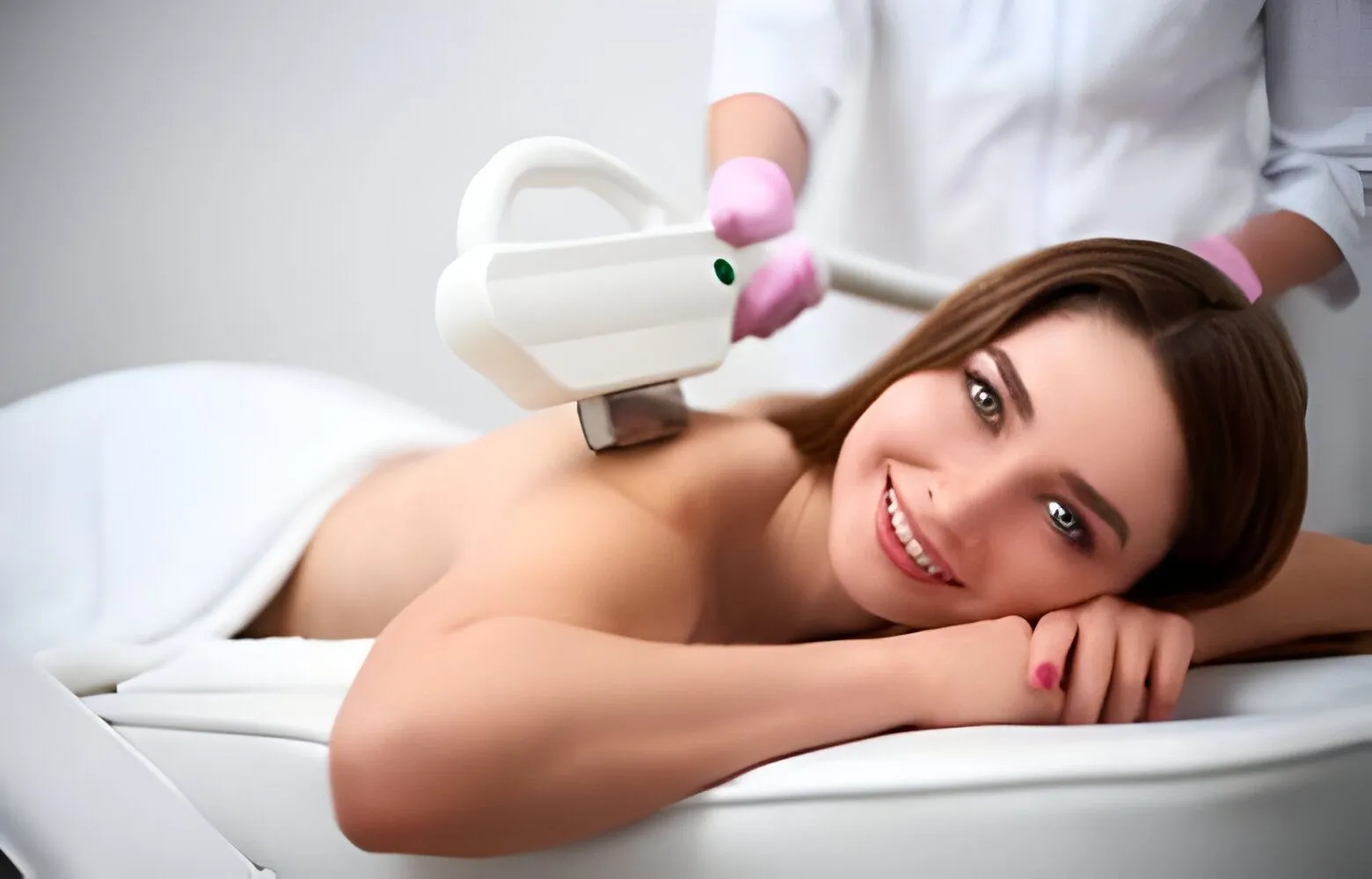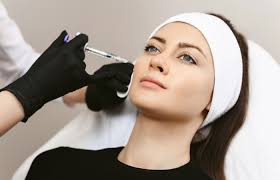Adult acne can be frustrating and emotionally exhausting. It’s one thing to deal with pimples as a teenager, but when they show up in your 30s, 40s, or even 50s, it can feel unfair and confusing. While there are plenty of prescription and over-the-counter medications available, not everyone wants to use them. Whether it’s due to side effects, cost, or a preference for natural living, many people are turning to natural remedies to treat adult acne.
In this article, we’ll explore effective, natural ways to manage adult acne without medication. We’ll also look into causes, prevention tips, and simple changes you can make in your daily routine.
Understanding the Causes of Adult Acne
Before jumping into treatments, it’s important to know what causes adult acne. While everyone is different, common factors include:
- Hormonal imbalances: Often triggered by stress, menstrual cycles, or medical conditions like PCOS.
- Diet: High-sugar or processed foods can cause spikes in insulin and increase oil production.
- Stress: When you’re stressed, your body produces cortisol, a hormone that can lead to acne.
- Skincare products: Some products clog pores or irritate the skin.
- Poor hygiene: Not removing makeup or washing your face regularly can lead to breakouts.
Now, let’s look at natural ways to treat and prevent acne.
1. Cleanse Your Skin Gently
Cleansing is the foundation of acne prevention. But avoid harsh soaps and scrubs that can damage your skin.
Try this natural routine:
- Wash your face twice daily with lukewarm water and a gentle cleanser made with natural ingredients like tea tree oil, aloe vera, or honey.
- Pat dry with a clean towel — don’t rub.
- Avoid over-washing, which can strip your skin of natural oils and lead to more breakouts.
2. Use Natural Spot Treatments
Certain natural ingredients have anti-inflammatory and antibacterial properties that help calm pimples without harsh chemicals.
Great options include:
- Tea tree oil: Dilute with a carrier oil like jojoba or coconut oil and dab onto pimples with a cotton swab.
- Aloe vera gel: Helps reduce redness and inflammation. Use pure aloe straight from the plant or store-bought organic gel.
- Honey and cinnamon paste: Both are antibacterial. Mix a teaspoon of honey with a pinch of cinnamon and apply it to affected areas for 10-15 minutes.
3. Exfoliate Weekly with Natural Scrubs
Exfoliating helps remove dead skin cells that can clog pores, but chemical peels and harsh scrubs can do more harm than good.
Try a gentle DIY scrub:
- Oatmeal + honey: Mix ground oats with honey and gently rub on your face once a week.
- Sugar + coconut oil: Use as a mild exfoliator to clear clogged pores.
Be gentle — too much scrubbing can cause inflammation.
4. Balance Your Diet
You really are what you eat — and your skin shows it. Diet plays a major role in acne. Some foods spike blood sugar and increase oil production, leading to breakouts.
Eat more of:
- Fruits and vegetables rich in vitamins A, C, and E.
- Omega-3 fatty acids from fish, chia seeds, or flaxseeds.
- Whole grains and legumes.
Avoid or limit:
- Sugary snacks and sodas
- Dairy, especially skim milk, which may trigger acne in some people
- Greasy and processed foods
Drink plenty of water daily to flush toxins out of your body and keep skin hydrated.
5. Manage Stress
Stress is a major acne trigger. It affects hormones, increases inflammation, and can cause flare-ups.
Natural ways to reduce stress:
- Meditation or deep breathing for 10 minutes a day
- Regular exercise, like yoga or walking
- Journaling or creative hobbies that calm your mind
- Adequate sleep — aim for 7–9 hours each night
Lowering your stress levels naturally helps balance hormones and reduces acne in the long run.
6. Use Natural Moisturizers
Even if you have oily skin, you still need to moisturize daily. Dry skin produces more oil to compensate, which can cause more breakouts.
Natural options include:
- Jojoba oil: Very close to the skin’s natural sebum, lightweight and non-comedogenic.
- Aloe vera gel: Hydrating, calming, and anti-inflammatory.
- Rosehip oil: Rich in vitamin A and good for scar healing.
Apply moisturizers right after cleansing to lock in moisture.
7. Keep Hair and Pillowcases Clean
Hair products, oils, and dirt can transfer to your face, especially around the forehead and cheeks.
Tips:
- Keep hair clean and away from your face.
- Use non-comedogenic shampoos and conditioners.
- Wash pillowcases at least twice a week.
- Avoid touching your face frequently.
8. Try Herbal and Natural Supplements
Some people find relief using herbal supplements that help balance hormones and reduce inflammation. Always consult a doctor before trying supplements.
Popular ones include:
- Zinc: Known to reduce inflammation and fight bacteria.
- Spearmint tea: Some women find it helpful for hormone-related acne.
- Turmeric: Anti-inflammatory and antioxidant-rich.
9. Don’t Pick or Pop Pimples
This is tempting — but popping pimples pushes bacteria deeper into the skin, causes scarring, and prolongs healing.
Instead:
- Apply a warm compress to encourage drainage.
- Use a spot treatment and be patient.
- Let your skin heal naturally.
10. Stick to a Consistent Routine
Natural treatments take time. You may not see instant results, but consistency is key.
Give any new routine at least 4–6 weeks before deciding if it works. Be gentle with yourself and your skin. Everyone’s skin is different, and it may take some time to find what works best for you.
Final Thoughts
Treating adult acne naturally is completely possible — but it requires a bit of patience, dedication, and self-care. Instead of harsh medications or chemical creams, focusing on your lifestyle, skincare routine, and natural remedies can not only improve your skin but also your overall health.
Listen to your body, reduce stress, eat well, and care for your skin the way it deserves. The journey to clearer skin might not be instant, but it’s achievable — and you’ll feel better inside and out.
5 Frequently Asked Questions (FAQs)
1. How long does it take to see results with natural acne treatments?
Natural remedies can take 4–6 weeks to show visible results. Be patient and consistent with your skincare and lifestyle changes.
2. Can certain foods really trigger adult acne?
Yes. Dairy, sugar, and processed foods may cause or worsen acne for some people. Everyone’s skin reacts differently, so try keeping a food journal.
3. Is it okay to use tea tree oil every day?
Yes, but dilute it with a carrier oil like jojoba or coconut oil. Apply it once daily as a spot treatment to avoid irritation.
4. Do natural remedies work as well as medication?
They can be very effective, especially for mild to moderate acne. Severe cases may still need professional help, but many people have cleared their skin naturally.
5. What’s the best natural moisturizer for acne-prone skin?
Jojoba oil and aloe vera are both lightweight, non-comedogenic, and calming to the skin. They work well for most skin types.



